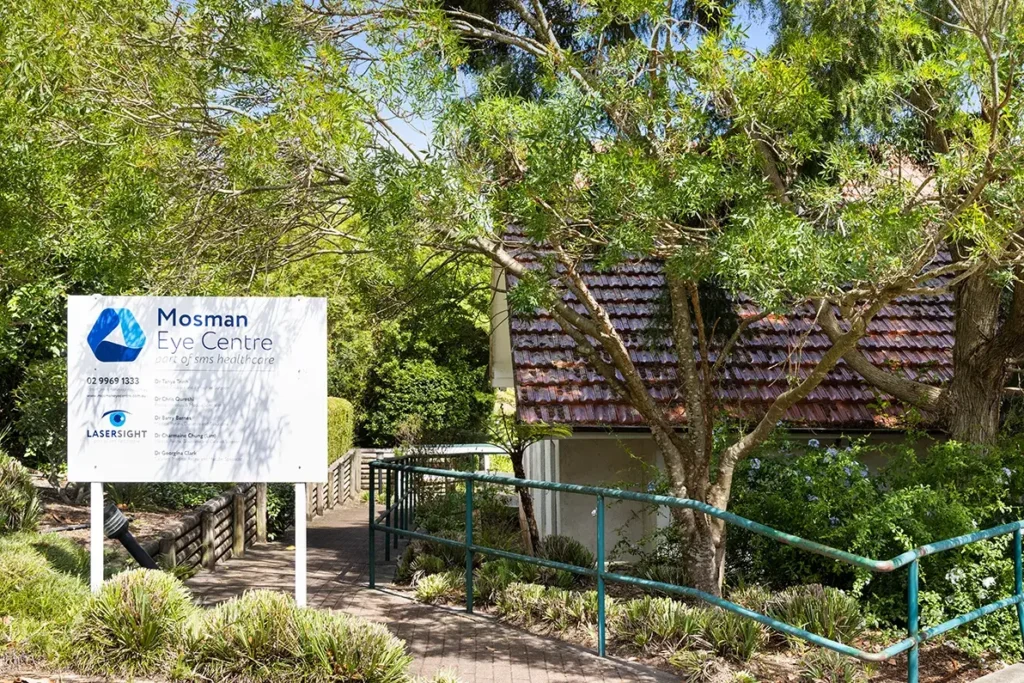The tear drainage apparatus is a complex and delicately balanced system. Traditionally tear duct surgery has been performed through a skin incision on the sidewall of the nose. Your specialist will likely perform your revision surgery using an endoscope (telescope + camera) through the nose to gain direct access to the surgical zone. The endoscopic technique avoids creating a scar on the face, equally as important in revision surgery, it provides a magnified view of the operative site and associated scar tissue that must be carefully removed.
Tears enter the drainage system through a small opening in the upper and lower eyelid. If there is malposition of the eyelid this may need to be surgically corrected to ensure the tear drainage holes (“lacrimal puncta”) are correctly positioned to be able to drain the tears.
Who is suitable for revision tear duct surgery?
Patients who have undergone surgery for a watering eye and continue to have symptoms.
What are the symptoms?
Ongoing watery eye and/or mucus production or discharge. Occasionally patients can develop infections and occasionally abscesses within the tear duct resulting in a red painful swelling on the side wall of the nose.
What does the treatment involve?
Depending on the surgery required the procedure is either performed under a local anaesthetic with sedation or a general anaesthetic.
How will I look immediately after surgery?
Another advantage of the endoscopic approach to tear duct surgery is that there is no postoperative swelling or bruising of the face.
What is the recovery time?
Although there is no outward signs of the operation 1-2 days of a low grade ache can be expected, although commonly patients feel very little pain. Your nose will feel congested there will be some spotting of blood from the nostril for a 1-2 days. To avoid an increased level of bleeding patients are advised to avoid any strenuous activity for the first week.
What are the risks?
Overall, the risks are low and will be discussed during the consultation.
How long do the results of the surgery last?
Your specialist will follow you up for about three months postoperatively, after this period it is highly unlikely that the tearing will return.
Is there anyone who shouldn't have this surgery?
If you take blood thinners regularly and are too unwell to stop them even for a few days then your risk of postoperative bleeding is increased. In this case, careful considerations to the benefits and relative risks of the procedure need to be made before deciding to proceed.





